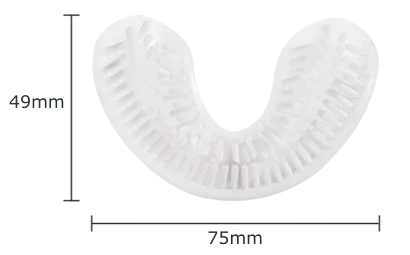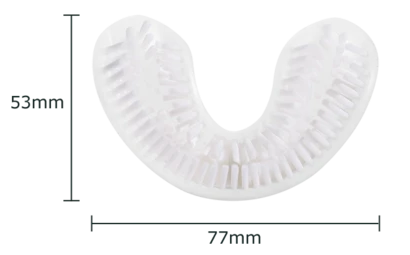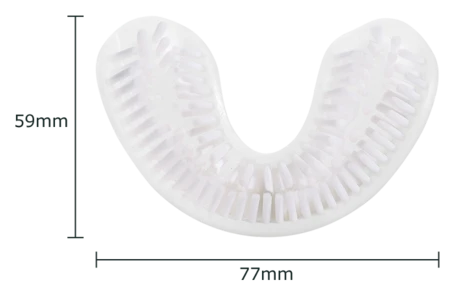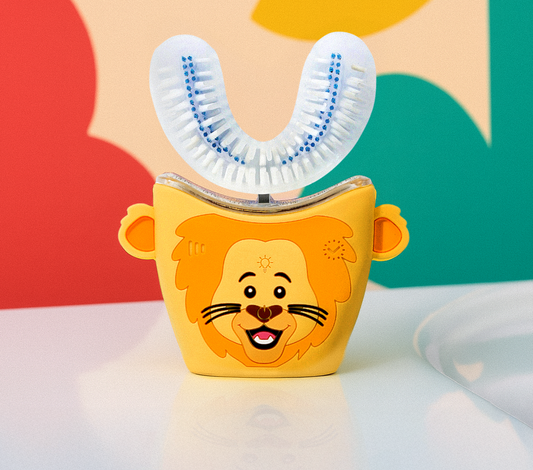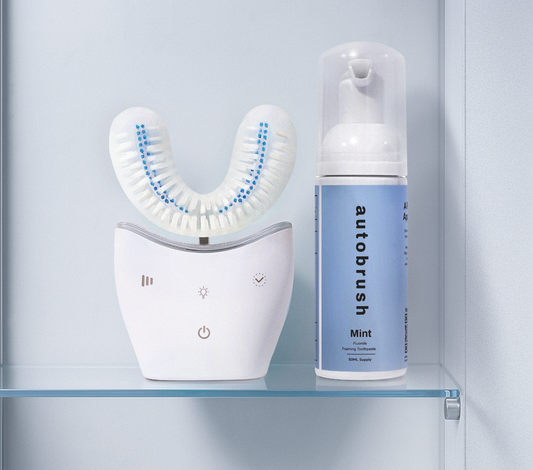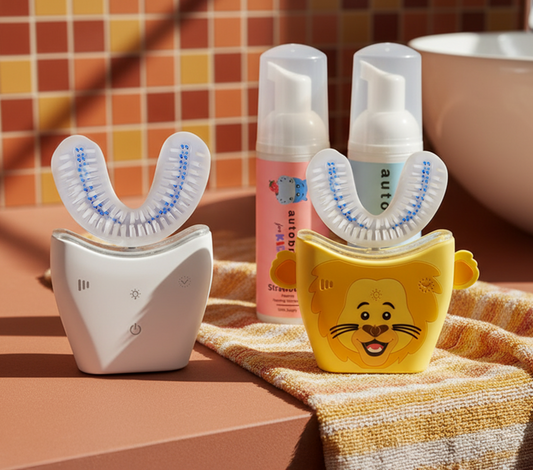
Unforeseen Factors Impacting Oral Care in Kids
The foundations of good oral health are laid during childhood. While parents are usually vigilant about ensuring their children brush their teeth regularly, there are several overlooked aspects that can significantly impact a child's oral health. In this article, we delve into three often underestimated behaviors that can be detrimental to a young one's dental well-being.

1. Bottle-Feeding at Night: The Silent Perpetrator of Baby Bottle Tooth Decay
"Baby bottle tooth decay, or early childhood caries, is a severe dental condition affecting babies and toddlers. To help prevent decay, consider using a specialized toothbrush for special needs individuals that offers extra care for developing teeth. The primary culprit? Putting babies to bed with a bottle, especially one filled with sugary liquids like milk, formula, or juice.
Here's what happens:
- As the child drifts to sleep, the swallowing process slows down, and the sugary liquid pools around the teeth.
- Bacteria in the mouth thrive on this sugar, converting it to acid.
- This acid attacks the delicate enamel of baby teeth, leading to decay.
Over time, untreated baby bottle tooth decay can lead to pain, infection, and even loss of teeth, which can affect the alignment and health of permanent teeth later on.
Tip: To mitigate the risk:
- Avoid letting your child fall asleep with a bottle.
- If they must have something, consider filling the bottle with plain water.
- Begin introducing a cup as soon as your child is ready, typically around 6-9 months, and aim to transition fully by their first birthday.

2. Neglecting Braces: A Trap for Food and Bacteria
Braces, though essential for correcting dental alignment, can be a trap for food and bacteria if not cleaned properly. Food particles can easily get lodged in brackets and wires, providing a breeding ground for bacteria.
Here's the concern:
- Neglecting to clean around braces can lead to plaque buildup.
- Plaque, a sticky film of bacteria, releases acids that can cause cavities, gum disease, and even staining around the brackets.
As children get used to their braces, they might find it tedious or challenging to maintain impeccable hygiene. But it's crucial.
Tip:
- Invest in special orthodontic cleaning tools, like interdental brushes, to reach those tricky spots.
- Regular dental check-ups are essential to ensure the health of teeth while undergoing orthodontic treatment.
- Encourage and supervise your child until a thorough cleaning routine becomes second nature.

3. Skipping Bedtime Brushing: The Nightly Offence
Kids, in their ever-energetic zest for life, can sometimes be stubborn, especially when it's time for bed. And in the rush or resistance, brushing teeth might be skipped.
The implications:
- Saliva production reduces during sleep. Saliva is vital for neutralizing acids and washing away food particles.
- Skipping bedtime brushing leaves the teeth vulnerable to bacterial attacks all night.
- Over time, this can accelerate tooth decay and gum problems.
Bedtime brushing is perhaps the most crucial of the two recommended daily brushings.
Tip:
- Make bedtime brushing a non-negotiable ritual. Consider turning it into a fun activity by using kid-friendly toothbrushes or apps that play songs to brush along to.
- Engage in a routine where the entire family brushes together, making it a communal activity.
- Educate your child on the importance of oral hygiene using age-appropriate books or videos.
In Conclusion
Children's oral health is paramount, not just for their smiles but for their overall well-being. By being cognizant of the less obvious threats and taking proactive measures, parents can set the stage for a lifetime of healthy dental habits. Remember, prevention is always better than cure. Emphasizing the importance of oral care early on can save a lot of pain, trouble, and dental bills in the future.










































